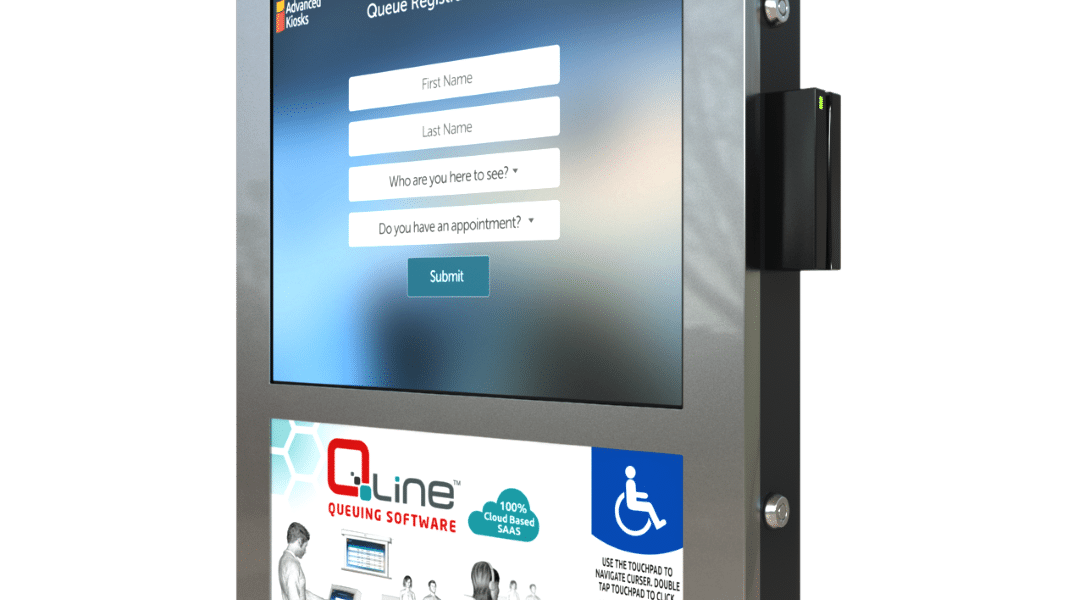By Kelsie M. Collins
Flatland Group is a church in Omaha, Nebraska, that is affiliated with the Assemblies of God. AG is a worldwide network of Christian churches that has approximately 52+ million members in 212 countries. Churches have been teaming up this way as a means to share resources with one another to support philanthropy and education.
They hold individual studies, specialized classes, informal small groups, and full-scale worship services, so there is a learning experience available for every individual. Their values are passion, unity, wisdom, and love. It is clear that their greatest goal is to bring these values to the community.
Here’s the problem: 73 percent of Christians today identify as Christian, and only 31 percent of them are practicing their faith in a church community. Why is this?
The Problem
The No. 1 reason has been that the church does not provide the resources they need to attend, one of the largest issues being a lack of childcare. In other words, a good portion of the Christian population does not go to church because they have no place to drop their children off during the service. Churches have been working towards building a community that works for all people, including families, by creating daycares for parents.
The Solution: Self-Service Technology
Using technology to improve the efficiency and security of these daycares is a step in the right direction, and three years ago, Flatland Group was ahead of the game. In 2013, they deployed two freestanding kiosks in their daycare to assist with check-in services.
Jennifer Wilkins, pastor and administrator of Flatland, said, “We use the kiosks on Sunday mornings and Wednesday evenings for parents to come check in their kids into our children’s ministry. It prints a label with the name and what room they’re supposed to be in.”
Time-Efficient & Secure
In a large church like Flatland, there could be up to 200 parishioners filtering in at once for services or conventions. A good portion of them will need to drop off their children before the event, all at the same time. A lot of churches are run by volunteers and donations, which means resources can become scarce. Self- service kiosks let the parishioners check their children in themselves, which saves time for daycare volunteers to supervise the children and organize the daycare service.
By using self-service technology in their daycare, Flatland provides the ability to put check-in into the control of the parent and gives daycare volunteers the ability to focus on more important things. The parents know that their child is safe because of these kiosks. Unless the adult has a tag matching the child’s, they are not allowed to take the child from daycare.
Easy to Use
The kiosks that were deployed at Flatland have been easy to use, even for the children going into the daycare. When I asked Pastor Wilkins if she thought the kiosks were easy to use in the daycare, she said, “Super easy, they have no problems with it. Some of the kids even do it on their own.”
Over three years, when asked if there have been any problems with ensuring adoption of self-service technology in the church, Pastor Wilkins said, “No, there haven’t been any. They work great.”
With hundreds of people coming in at a time, it’s rather spectacular that they have owned these kiosks for three years and had zero problems with the kiosks.
Mobility & Space
Freestanding kiosks are great for multi-purpose use because they are mobile and can be customized to serve multiple purposes. As an example, Flatland had wheels installed onto their kiosks so they can move them around to serve multiple check-in purposes.
Pastor Wilkins said, “They’re very mobile. We can move them to wherever we need them at the time.”
Flatland serves Omaha, a city with a population of over 400,000 people. With all these potential community members, Flatland needed to use mobile technology to provide the same service to all the events in the area.
“We use these kiosks for our women’s and youth events too,” said Pastor Wilkins. “They’re also used for check-in services. They work great for events because they are easy to move around. They don’t take up much space at all.”
Saving space is also important in cases of densely populated events in smaller buildings. Using kiosks can save space from billboards, posters, information booths, stands, signs, and booklets. A kiosk can provide all these resources in one sleek and modern device that provides the information while giving the organization a good image.
Final Note
After speaking with Pastor Wilkins, I asked, “If you could quantify your experience on a scale of 1-10 with kiosks, what do you think you would rate them?” She answered, “I would say a 10.”
Overall, Pastor Wilkins was happy with the performance of the kiosks and had little to say in regards to any issues with self-service technology. A good indicator the kiosks were well-received could be observed by the fact that Flatland purchased yet another freestanding kiosk last year for their check-in services.
If you are working or volunteering in a church that could use self-service technology to improve child check-in, information distribution, wayfinding, and building connections, a kiosk may be a good thing to look into.
Acknowledgements
This research was made possible by Flatland Church for their participation in the case study regarding kiosks in church. This work would not have been possible without the time and effort put in by Pastor Jennifer Wilkins. Without our participants, we would have nothing to report on behalf of self-service technology. Once again, our sincerest thanks to Flatland Church.
Advanced Kiosks
www.advancedkiosks.com










